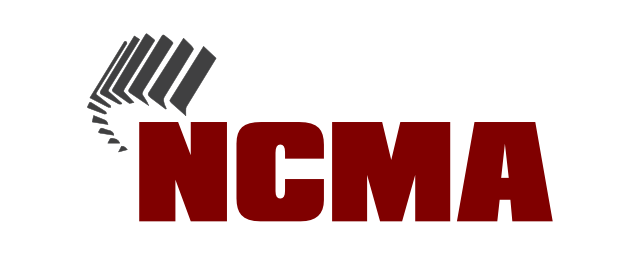
DETAILS COMING SOON!

August 5 & 6, 2025
McKimmon Center
Raleigh • North Carolina
3 Consecutive Sessions
27 topics
Timely and relevant presentations, panels, and discussions about Health & Safety, Energy, Sustainability, Air Quality, Water Quality, Waste Management
Exhibit Hall showcasing products and services essential to Energy and EHS professionals.
What is EEHS School?
Environmental • Energy • Health & Safety (EEHS) School is the region's most comprehensive annual event for environmental, energy, health & safety professionals.
Why attend EEHS School?
Now in our 24rd year, EEHS School offers:
- Two days | 27 topics | three consecutive tracks
- Sessions for novice, intermediate, and advanced practitioners covering air quality, water quality, solid and hazardous waste, occupational safety and health, energy, and sustainability
- Instruction from more than 40 recognized subject matter experts from the public and private sectors
- Presentations from regulators, attorneys, consultants, and industry representatives with practical hands-on experience
- Networking with peer environmental, energy, health & safety professionals
- Active Exhibit Hall with leading solution providers showcasing a full range of EEHS products and services
- Extended breaks between sessions, two buffet luncheons, Tuesday evening reception, and door prizes with a $1,000 grand prize drawing in the Exhibition Hall
Who attends EEHS School?
Attendees include Industry, consulting and government personnel responsible for compliance with environmental, energy, health and safety laws and regulations.
- Manufacturers
- Plant Managers
- Small Business Operators
- Environmental Technicians and Specialists
- Environmental Managers
- Compliance Officers
- Industrial Safety Managers
- Consultants
- Attorneys
- Commercial Real Estate Professionals
- Land Developers
- POTW Operators
- State and Local Regulators
Why exhibit at EEHS School?
The EEHS School Exhibition Hall is the hub of school activity. Over two days, the 2025 EEHS School offers attendees 27 courses in three consecutive tracks for a total of nine sessions covering current issues in air quality, water quality, solid and hazardous waste, occupational safety and health, energy, sustainability, and much more.
As an exhibitor at the 2025 EEHS School you will have:
- Exposure to a targeted audience of environmental, energy, health and safety professionals
- Access to the attendee database with full contact information for your pre-event and post-event mailings
- Promotion through social media, NCMA website and NCMA member eblasts.
- Visibility with mapped exhibit hall location



